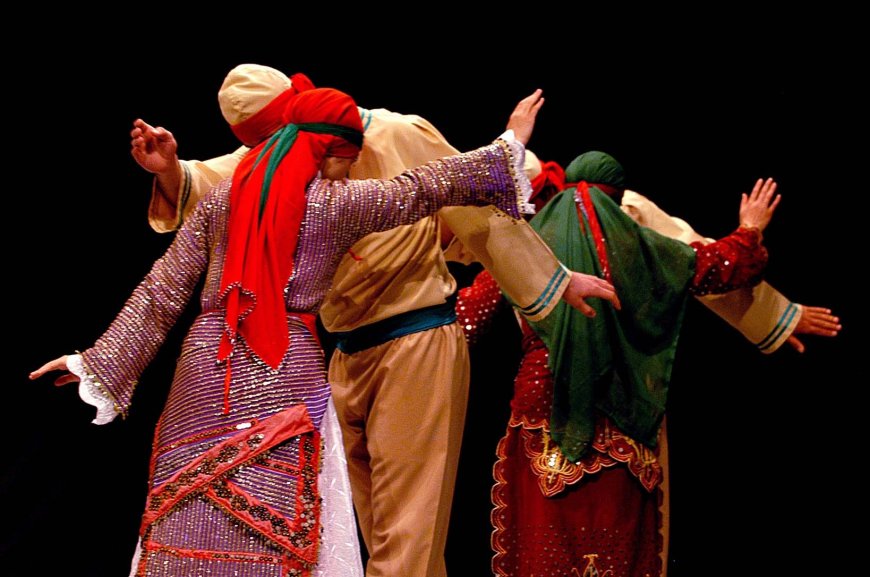Alevis' Beliefs and Culture in Anatolia
Anadolu is a region of Turkey with rich cultural and religious diversity. For centuries, the Alevi religion and culture has been an integral part of the region's history.

Anadolu is a region of Turkey with rich cultural and religious diversity. For centuries, the Alevi religion and culture has been an integral part of the region's history.
The Alevi religion is a branch of Shia Islam and is believed to have originated in Anatolia somewhere around the late 12th century. Alevi’s follow the teachings of the 13th century Alevi Brotherhood which emphasizes the need for inner transformation and purification.

Alevi traditions revolve around the concept of ‘Semah’, a rhythmic prayer and mantra-like hymn which is chanted and danced in an ecstatic state of spiritual communion. It is believed that, through this process, tensions in the body and soul are released, while at the same time cultivating a connection to the divine.
Alevi’s also celebrate several important festivals, such as the festival of Hızır, the Ali Baba Festival, and the Oruç Baba Festival. These festivals are usually accompanied by singing, dancing, and music, as well as gatherings for spiritual conversations. During these events, the Alevi community comes together to engage in friendly competition in many forms, such as artistic performances, sports, and games.
Alevi culture also emphasizes discussion and discourse, emphasizing the need for disagreement to advance understanding and knowledge. Furthermore, Alevis are often artists, musicians, and thinkers, and are renowned for their appreciation of literature, philosophy, and art.
Anadolu has long been a home for the Alevi religion and culture, and is a source of deep pride for many of the region’s residents. By understanding the Alevi perspective and participating in their festivals and events, we can learn more about Anadolu's cultural heritage and its many contributions to the world.








